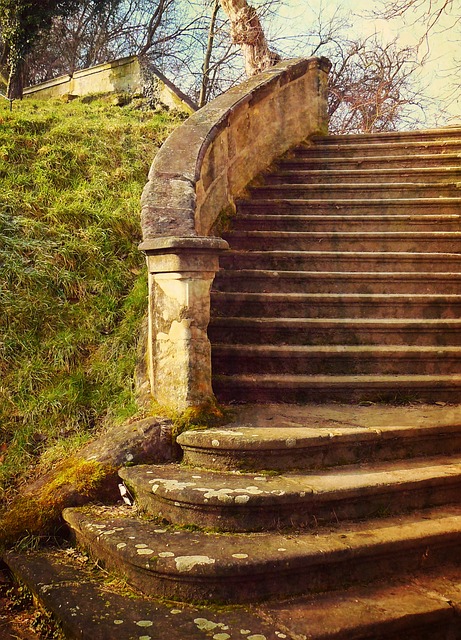In the previous post on Finding Your True Purpose, I drew on the interview podcast by Stephen Cope. In that post, I explored what Stephen refers to as the “four-stage path of action”. The first stage, however, discerning your true purpose, is where people often become stuck and unable to move forward, for multiple reasons (including doubts).
Stephen suggests several ways to help you progress in deciding what is your unique purpose in life – what best utilises your knowledge, skills and personality for the greater good. This can be a challenging task and may take some time to discern – it could involve immersing yourself in an area of interest to establish the needs that are present in that arena. Research may precede action.
What is your unique purpose in life?
Some of Stephen’s suggestions may help with gaining clarity about your unique purpose. He suggests that you can focus on three areas to gain further insight into any “unconscious obstacles”.
- What lights you up? – what in your life generates positive energy, captures your commitment or engages you over lengthy periods? The way to access this is to write a list of things that light you up, without censoring the list. Look for themes or connections amongst items on your list, and you may find a pointer to your unique purpose.
- What is your deepest duty right now? – you will have duties as an employee, friend, colleague, parent, citizen, partner. What duty flowing from any of these roles is felt so deeply that if you do not fulfil it, “you will feel a profound sense of self-betrayal”?
- What personal challenges do you face? – do you have a health issue, relationship challenge, a problem involving your child or children or a workplace issue? What do these challenges inspire you to do? It may mean helping others to show self-care or establishing a support group for parents who have lost a child or for people experiencing work stress. Some people have established a foundation or committee to enable them to engage others in supporting them in their endeavours to do something for the common good.
Famous people such as Gandhi and Robert Frost found their unique purpose and proceeded to develop what Stephen calls “unified action” – where you increase your focus on the area of interest and peel away anything that is not contributing to your unique purpose. Extraordinary people have achieved extraordinary outcomes but there are many more “ordinary people” who have excelled at what they do because they have realised a singular focus and a commitment to act in accord with that focus.
As we grow in mindfulness through meditation and reflection (particularly on our interests, our duties and our challenges), we can gain clarity about our unique purpose, find creative ways to fine tune our actions and increase the integration of that purpose into our daily lives.
By Ron Passfield – Copyright (Creative Commons license, Attribution–Non Commercial–No Derivatives)
Image source: courtesy of cocoparisienne on Pixabay
Disclosure: If you purchase a product through this site, I may earn a commission which will help to pay for the site, the associated Meetup group and the resources to support the blog.

